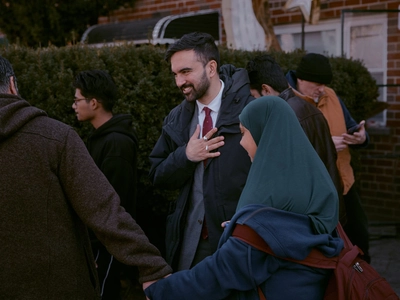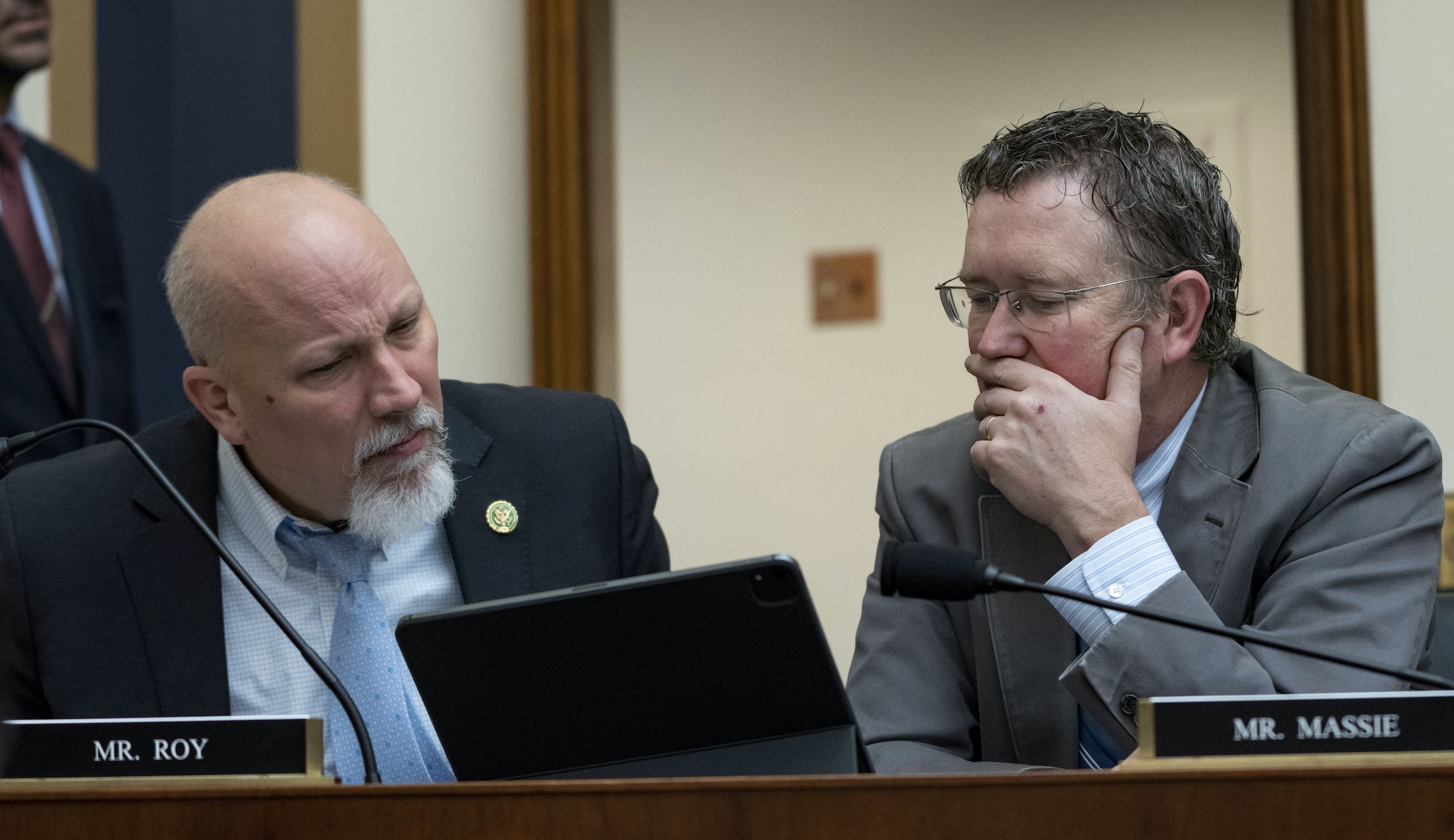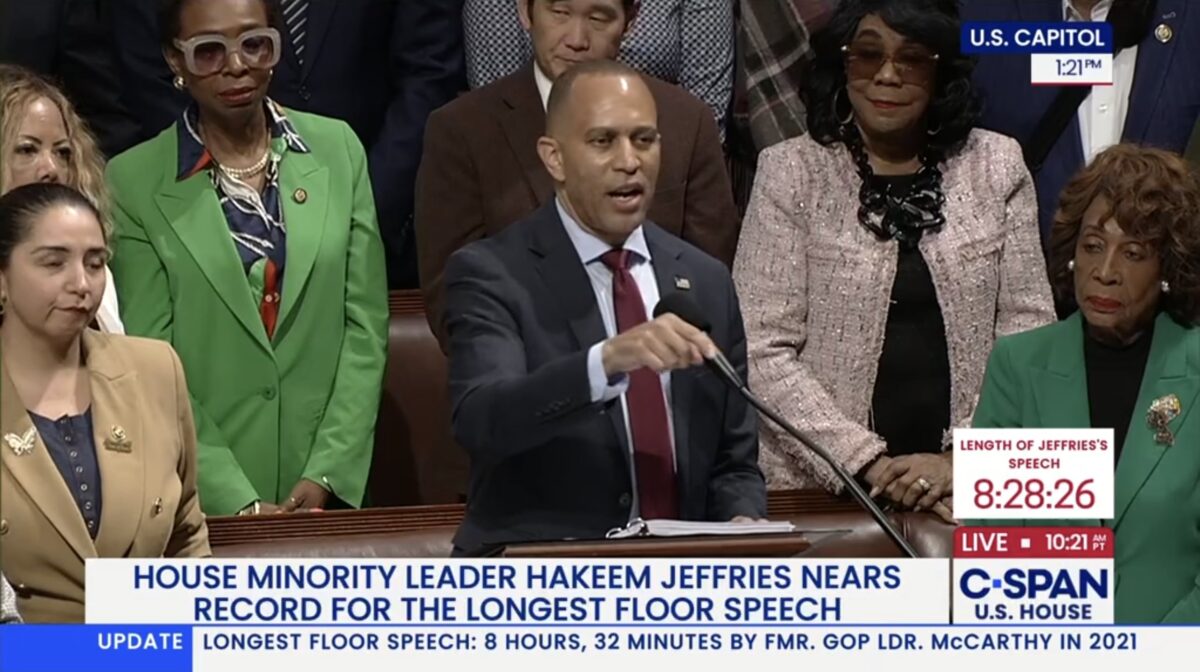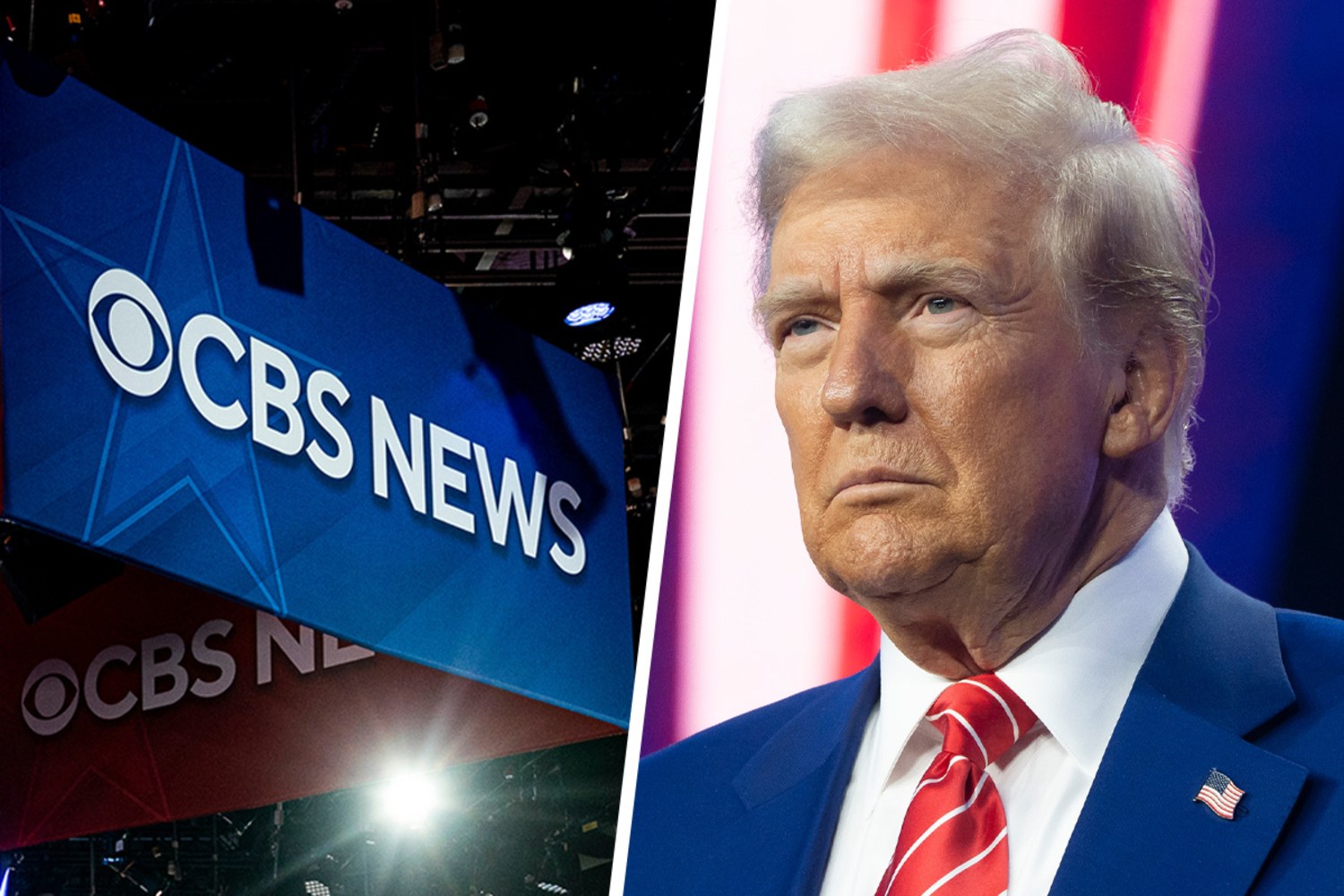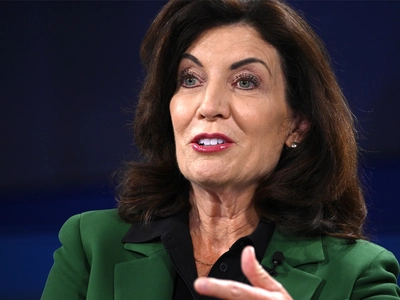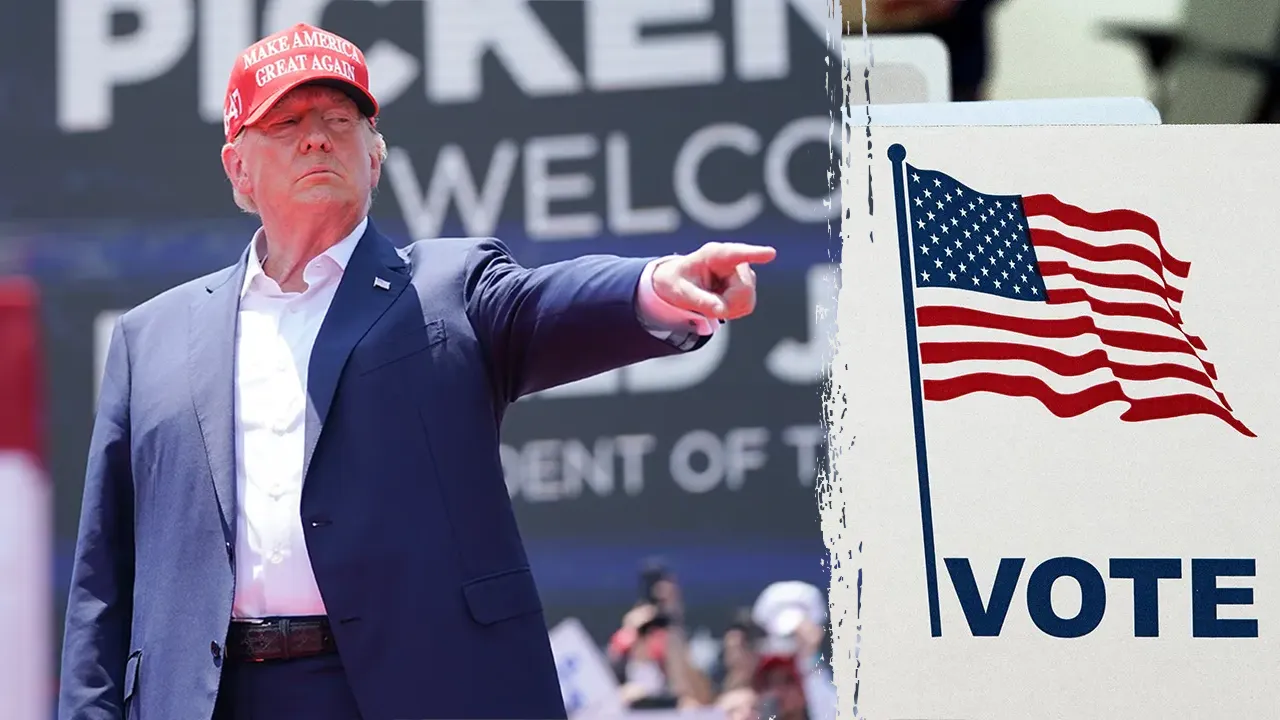They Want to Deport Him for Winning: The Terrifying Truth About Conditional Citizenship
Zohran Mamdani thought he'd made it. After decades of building a life in America—arriving as a 7-year-old immigrant from Uganda, working his way through college, serving in the New York State Assembly, and finally winning the Democratic primary for NYC mayor—he discovered that success itself could be weaponized against him.
Within days of his primary victory, Tennessee Congressman Andy Ogles fired off a letter to Attorney General Pam Bondi demanding Mamdani's denaturalization and deportation. The weapon of choice? A derogatory nickname ("little muhammad"), cherry-picked rap lyrics from 2021, and accusations of concealing "material support" for terrorism on his citizenship application.
This isn't just political theater—it's a blueprint for how citizenship can be turned into a conditional privilege that powerful politicians can revoke when immigrants get too successful, too visible, or too politically inconvenient.
The Precedent That Should Terrify Every Naturalized American
Mamdani's case isn't unique—it's part of a growing pattern. During Trump's first term, the Department of Justice launched a systematic "denaturalization task force" that targeted naturalized citizens for citizenship revocation. The ostensible goal was rooting out fraud, but the real message was clear: your citizenship is only as secure as the political winds allow.
The legal bar for denaturalization is supposed to be high—requiring proof of "deliberate deceit" or "material facts" concealed during the naturalization process. But in practice, prosecutors have incredible latitude to reinterpret past statements, associations, or even artistic expression as evidence of fraudulent intent.
Mamdani became a citizen in 2018, nearly two decades after arriving in the US. His naturalization was thoroughly vetted by immigration officials who had access to his complete background. Yet now, a congressman from Tennessee claims to have discovered disqualifying information that federal immigration authorities somehow missed.
When Success Becomes Suspicious
The timing tells the real story. Mamdani wasn't targeted for deportation when he was a private citizen, a college student, or even a state assemblyman. The calls for his denaturalization only began after he won a major election that could catapult him to national prominence.
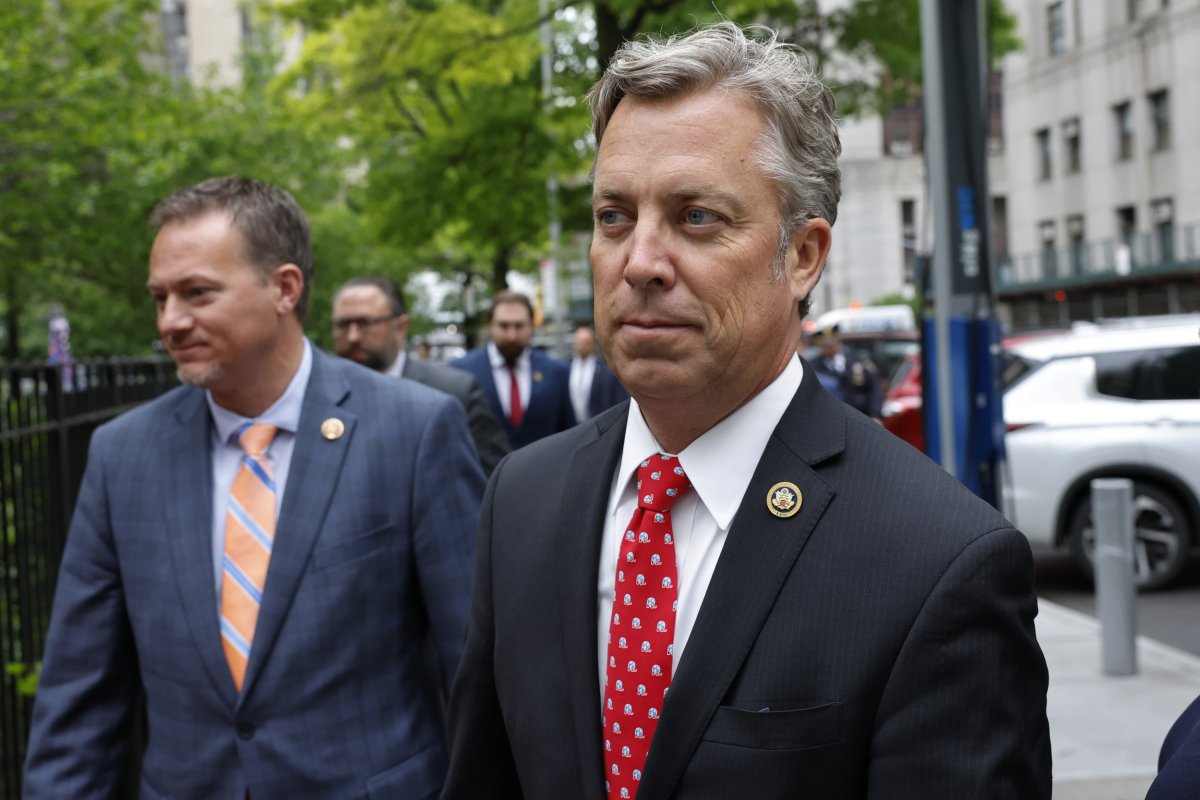
This creates a perverse incentive structure where naturalized citizens must constantly weigh whether political success is worth the risk of having their citizenship challenged. It's a chilling effect that doesn't just silence individual voices—it systematically excludes entire communities from full participation in American democracy.
The message is unmistakable: you can be American, but not too American. You can participate in politics, but not too successfully. You can have opinions, but not ones that challenge the status quo or make certain people uncomfortable.
The Weaponization of Selective Outrage
Ogles' letter relies heavily on Mamdani's rap lyrics—artistic expression that the congressman portrays as evidence of terrorist sympathies. The same political movement that champions "free speech" and rails against "cancel culture" is now arguing that creative expression should be grounds for citizenship revocation.
This selective application of standards reveals the true nature of these attacks. They're not about protecting America from genuine threats—they're about protecting certain people's vision of who gets to be considered truly American.
The fact that Ogles felt comfortable using a derogatory religious nickname ("little muhammad") in an official communication shows how quickly these citizenship challenges can devolve into pure bigotry. It's not about Mamdani's qualifications or conduct—it's about his identity and his refusal to stay in his assigned place.
The Erosion of Birthright Equality
What makes this particularly dangerous is how it creates a two-tiered system of citizenship. Natural-born citizens can engage in actual sedition—like participating in January 6th—without facing deportation threats. But naturalized citizens face potential denaturalization for rap lyrics, political opinions, or association with unpopular causes.
This disparity fundamentally undermines the constitutional promise of equal citizenship. When naturalized Americans must constantly prove their loyalty while natural-born citizens enjoy unconditional belonging, we've abandoned the principle that citizenship means citizenship, regardless of how you obtained it.
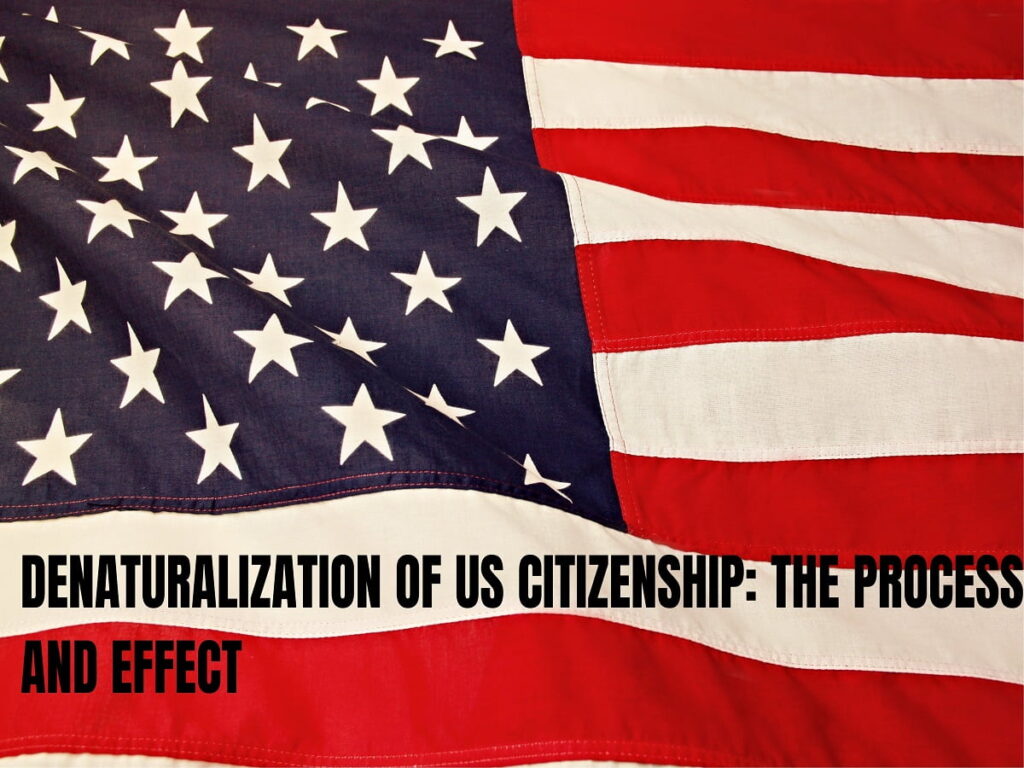
The Broader Implications
Mamdani's case isn't just about one politician or one election—it's about whether America will remain a country where immigrants can fully participate in democratic life without fear of retroactive punishment for their success.
If political opponents can weaponize the denaturalization process against successful naturalized citizens, what message does that send to the millions of Americans who obtained their citizenship through legal immigration? How many will choose to stay quiet, avoid political engagement, or decline opportunities for leadership rather than risk having their citizenship challenged?
This isn't just an attack on one individual—it's an attack on the very idea that America is a nation of immigrants where anyone can rise to positions of influence and power.
What This Means for American Democracy
The Mamdani case represents a fundamental test of American values. Will we allow citizenship to be weaponized as a tool of political intimidation? Will we accept that naturalized Americans must permanently accept second-class status, always vulnerable to having their belonging questioned when they become inconvenient?
Or will we recognize that this attack on one successful immigrant is ultimately an attack on the promise of America itself—the idea that anyone, regardless of where they were born, can become fully American through commitment to our shared democratic ideals?
The answer will determine not just Mamdani's fate, but the future of American democracy itself. Because once we accept that citizenship can be revoked for political success, we've crossed a line that leads to places democracies don't come back from.
The question isn't whether Zohran Mamdani deserves to be mayor of New York City. The question is whether any naturalized American deserves to live without the constant fear that their success might be used as evidence against their right to belong.
